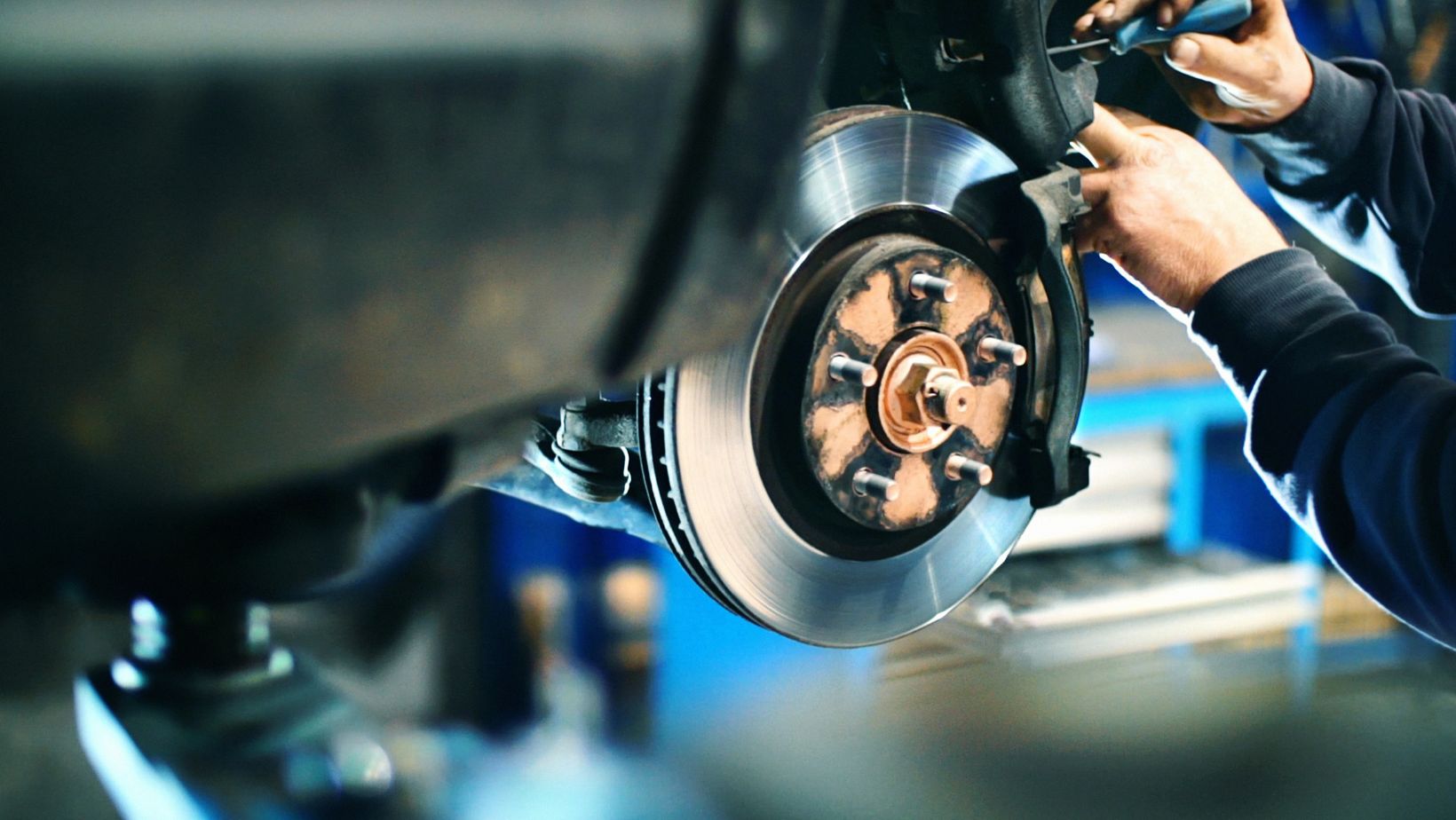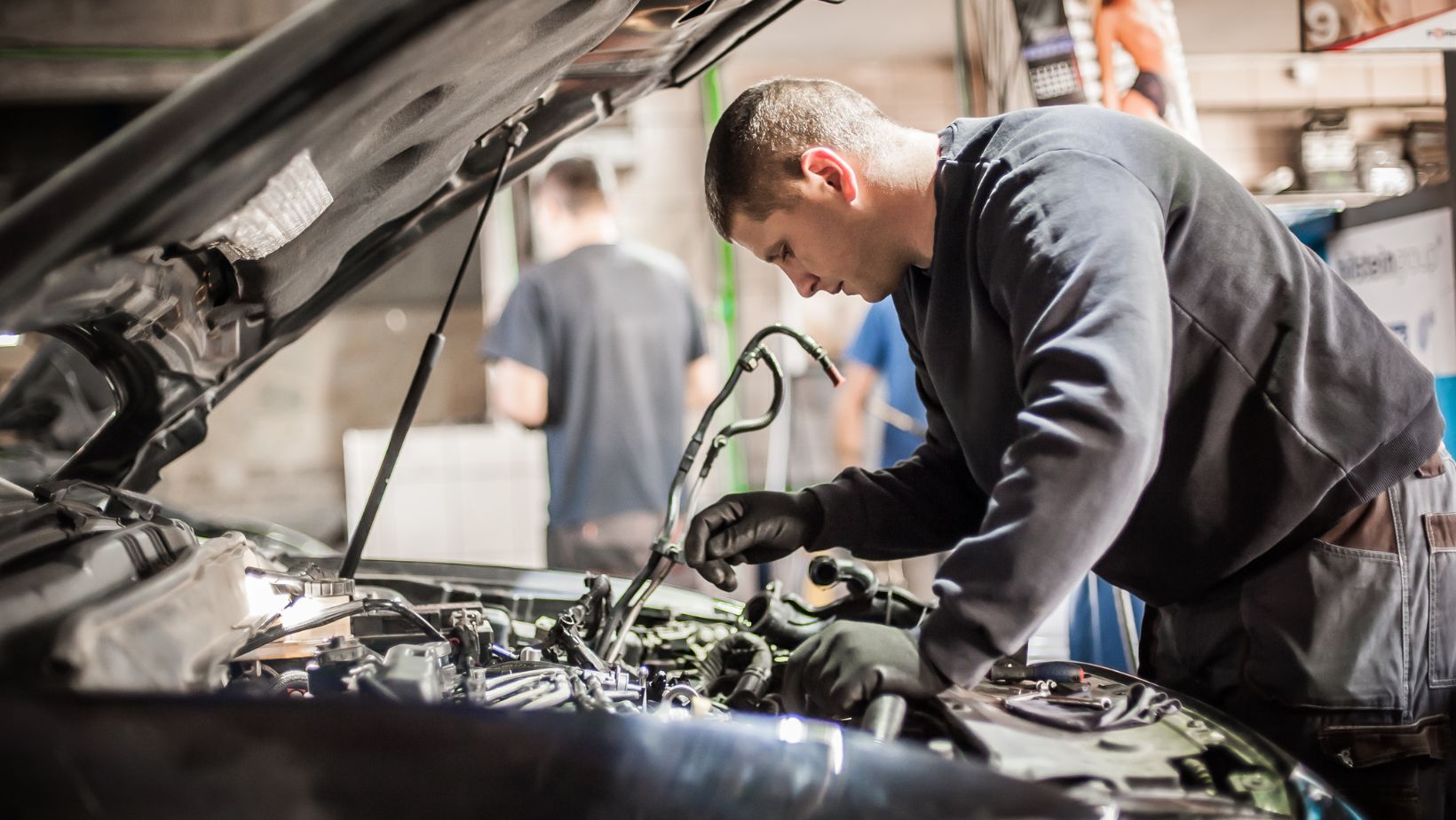Car Door Panel Repair
Car door panel repair is a common issue faced by many vehicle owners. Whether it’s due to a minor accident, wear and tear, or vandalism, damaged door panels can be unsightly and affect the overall appearance of your car. Fortunately, there are solutions available that can restore your door panels to their original condition.
One option for car door panel repair is to replace the entire panel. This may involve removing the damaged panel and installing a new one in its place. However, this method can be costly and time-consuming, especially if you have an older or rare vehicle model.
Another alternative is to opt for professional repair services. Skilled technicians can often fix minor dents, scratches, or cracks on door panels without needing to replace them entirely. They use specialized tools and techniques to carefully reshape the damaged area and match the paint color seamlessly.
Regardless of which method you choose, addressing car door panel damage promptly is crucial to prevent further issues such as rusting or water leakage. By seeking professional assistance or exploring DIY options, you can restore your car’s aesthetic appeal while ensuring its structural integrity remains intact.
Common Causes of Damaged Car Door Panels
When it comes to car door panels, there are several common causes that can lead to damage. It’s important to be aware of these causes so you can take necessary precautions and address any issues promptly. Here are a few factors that commonly contribute to damaged car door panels:
- Accidents or Collisions: One of the most obvious and frequent causes of damaged car door panels is accidents or collisions. Whether it’s a minor fender bender or a more severe crash, the impact can result in dents, scratches, or even structural damage to the panel.
- Parking Lot Mishaps: Tight parking spaces and careless drivers can often lead to unintentional bumps and scrapes against other vehicles or stationary objects like poles or bollards. These incidents may cause visible damages such as paint chips, scuffs, or indentations on the car door panel.
- Vandalism: Unfortunately, acts of vandalism can also leave your car door panel in disarray. Scratches from keying or intentional dents caused by blunt force are not only frustrating but also require immediate attention for repairs.

Visible Signs of a Damaged Car Door Panel
Spotting signs of damage on your car door panel early on is crucial for preventing further problems down the line. Here are some visible indicators that suggest your car door panel may be compromised:
- Dents: Noticeable dents in the metal surface are clear signs that something has impacted your vehicle’s door panel.
- Scratches: Scuffs and scratches on the surface could indicate contact with another object, whether accidental or deliberate.
- Misalignment: If you notice that your car door is not closing properly or appears uneven when shut, it could be an indication of underlying damage to the panel.
Unusual Noises Indicating a Damaged Car Door Panel
Sometimes, the signs of a damaged car door panel can be heard rather than seen. Pay attention to any unusual noises emanating from your vehicle’s doors, as they may suggest underlying issues with the door panel:
- Rattling Sounds: A loose or damaged car door panel can produce rattling sounds when driving over bumps or rough roads.
- Squeaking or Grinding: If you hear squeaking or grinding noises when opening or closing your car door, it could be a sign of worn-out hinges or damaged components within the door panel.
By being aware of these signs and causes of damage to your car door panels, you can stay proactive in maintaining the overall condition of your vehicle. Regular inspections and prompt repairs are key to preserving both the appearance and functionality of your car’s doors.
Remember, preventing car door panel damage is all about being mindful of your surroundings and taking proactive measures to protect your vehicle. By following these tips, you’ll ensure that your car’s doors remain in top-notch condition for years to come.







































